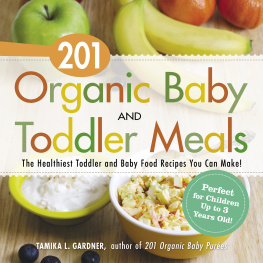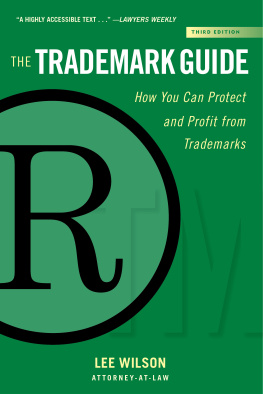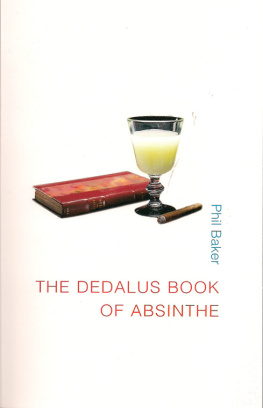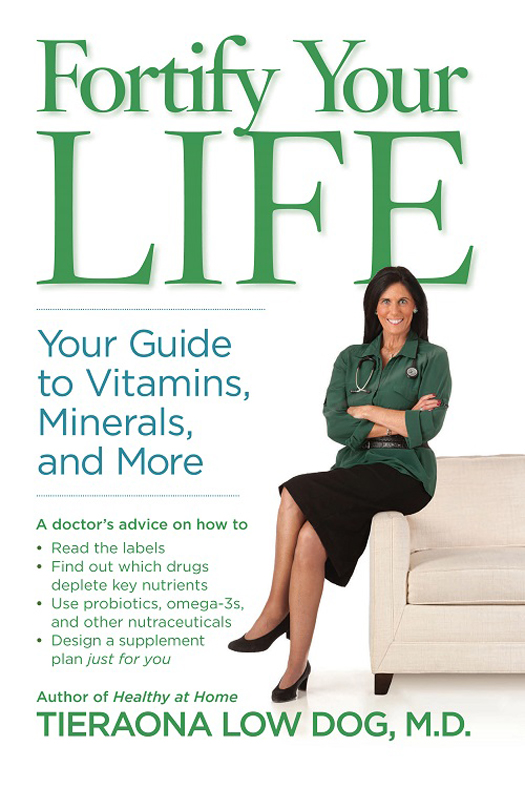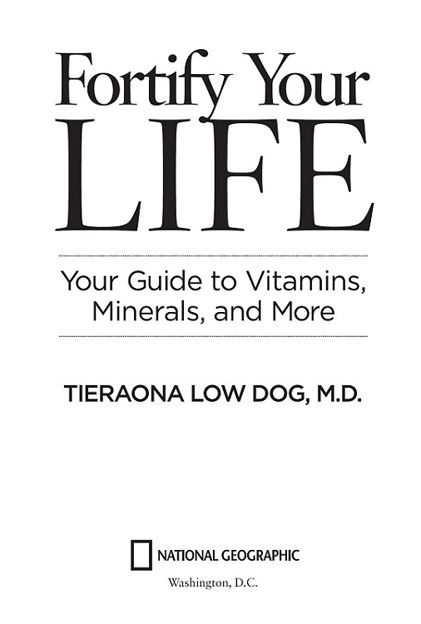If you have ever wondered which vitamins, minerals, or dietary supplements you should be taking, and how to choose the best ones, the mystery is over. Dr. Tieraona Low Dogs new book is the most comprehensive, scientifically grounded, and readable resource available on nutritional supplements. When listeners of our syndicated public radio show have questions about nutrients, we turn to Dr. Low Dog for answers. She is the most reliable and responsible authority on the scientific evidence behind supplements in the country.
JOE AND TERRY GRAEDON, The Peoples Pharmacy
Published by the National Geographic Society
1145 17th Street NW, Washington, DC 20036
Copyright 2016 Tieraona Low Dog. All rights reserved. Reproduction of the whole or any part of the contents without written permission from the publisher is prohibited.
eISBN 978-1-4262-1669-5
The National Geographic Society is one of the worlds largest nonprofit scientific and educational organizations. Its mission is to inspire people to care about the planet. Founded in 1888, the Society is member supported and offers a community for members to get closer to explorers, connect with other members, and help make a difference. The Society reaches more than 450 million people worldwide each month through National Geographic and other magazines; National Geographic Channel; television documentaries; music; radio; films; books; DVDs; maps; exhibitions; live events; school publishing programs; interactive media; and merchandise. National Geographic has funded more than 10,000 scientific research, conservation, and exploration projects and supports an education program promoting geographic literacy. For more information, visit www.nationalgeographic.com.
National Geographic Society
1145 17th Street NW
Washington, D.C. 20036-4688 USA
Your purchase supports our nonprofit work and makes you part of our global community. Thank you for sharing our belief in the power of science, exploration, and storytelling to change the world. To activate your member benefits, complete your free membership profile at natgeo.com/joinnow.
For information about special discounts for bulk purchases, please contact National Geographic Books Special Sales:
For rights or permissions inquiries, please contact National Geographic Books Subsidiary Rights:
Interior design: Katie Olsen
v3.1
Also by Tieraona Low Dog
Healthy at Home
Life Is Your Best Medicine
(co-author) National Geographic Guide to Medicinal Herbs
To Richard and Vivian, with deep gratitude and love for the life I was given
Disclaimer
This book is designed as a reference volume and is made available to the public with the understanding that the author and the publisher are not rendering medical or other professional advice tailored to individual needs and situations. You should not use the information contained in this book as a substitute for the advice of a licensed health-care professional and should consult a health-care professional to address any health concerns specific to you.
Because nutritional supplements can interact with medications or affect some medical conditions, you should always check with your prescribing health-care professional before using the herbal remedies described in this book.
The author and publisher disclaim any liability whatsoever with respect to any loss, injury, or damage arising out of the use of the information contained in this book or omission from any information in this book.
Mention of specific products, companies, or organizations does not imply that the publisher and author of this book endorse such products, companies, or organizations.
Contents
Preface
I awoke to the phone ringing at 11 p.m. I thought to myself, Nothing good ever comes from a phone call late at night. It was my mother. My father had been admitted to the hospital. She couldnt really explain what had happened, just that some of his numbers were off. I called my dads cell phone and when I heard his voice, I was taken aback by how weak he sounded. Hes in relatively good health despite being 80 years old and having had cancer for many, many years. But he had taught school for most of this past year and was quite active: a testament to his inner strength and healthy outlook on life. Other than the medications he takes for his cancer, my father only takes a proton pump inhibitor (PPI), which hes been on for many years; a mild diuretic for his blood pressure; and a small assortment of supplements: magnesium, fish oil, calcium, and vitamin D. Roughly two weeks before he was admitted to the hospital, he started having diarrhea. He didnt think much about it, other than it was annoying when he was at school. Then he started to feel weak and his legs began to cramp. One morning he just couldnt get up out of bed. My mom took him to the urgent care clinic.
I asked what the doctors had told him. Well, honey, it seems that my potassium and magnesium are low, dangerously low, too low to go home. They want to tank me up before they let me go. The doctors gave him intravenous fluids to deliver these two vital nutrients and sent him home after 24 hours. One week later he was back in the hospital, his levels low again. This time I spoke to someone on his medical team.
Proton pump inhibitors can cause lots of problems when you take them a long time. They are notorious for robbing the body of key nutrients, such as magnesium, calcium, and vitamins B12 and D. And they increase the risk for both pneumonia and an intestinal infection known as Clostridium difficile, or C. diff. A stool culture showed that my father had C. diff., a nasty bug that can sometimes be very hard to treat. Dad had assured me that every three months his labs were getting drawn and that everything was normal. But there was no record of a magnesium level having been recently checked. The PPI had caused him to have diarrhea, which in combination with his diuretic drug tipped his already precarious magnesium level to a life-threatening level. His potassium was dangerously low as well. Hearing just how low my fathers electrolytes were, I was in shock and disbelief. He could easily have died.
This story is just one of many examples of the unintended consequences of doctors prescribing multiple drugs to a patient, as well as the unique challenges of caring for elders who do not have the same vital reserves as someone 40 or 50 years younger. We are going to see more and more problems as baby boomers age and have multiple medical conditions, take multiple prescription medications, see numerous doctors, and have no one coordinating their care.
Ive had to go toe-to-toe with some of his doctors over the past 20 years. One told him he didnt need a bone density scan to screen for osteoporosis or his vitamin D level checked, despite the fact that he had become several inches shorter and routinely complained of back and hip pain. Yes, he had osteoporosis and his vitamin D level was low. My father was also told he didnt need to have his B12 level checked, even though my mother told me that he was feeling increasingly depressed and fatigued. His doctor said to me, Your father has cancer and is 74 years old. Dont you think that could be why hes feeling depressed and tired? I wanted to scream. When Dad went on chemo in 2009, he was put on a PPI. A year later I suggested that he try to wean off it but his physician recommended he stay on it. He also reassured my father that he could get all the nutrients he needed by just eating a good diet. And yet, not once did the physician



